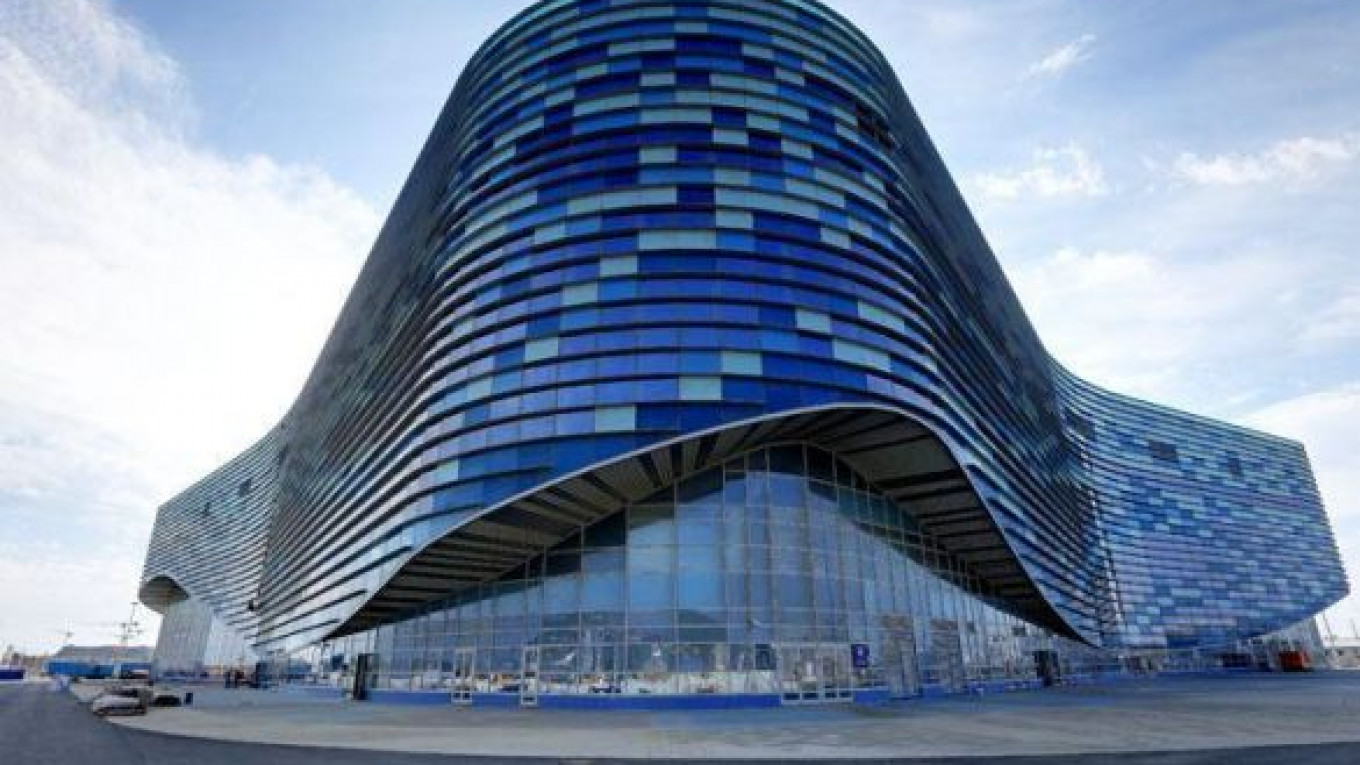Despite having announced ambitious privatization plans, the government might still seek to expand its role in the economy through state-owned companies, which have been used as cash cows in recent years to finance big infrastructure and social projects, a report states.
The state-owned giants like Gazprom and Russian Railways have been involved in financing government projects like the 2014 Sochi Olympics and this year’s Asia-Pacific Cooperation Summit in Vladivostok, according to the analysis by BNP Paribas.
The fine line between government finances and the budgets of state-owned companies is becoming more blurred, the bank’s Moscow-based analysts said.
The contribution to Olympics construction by Gazprom, for example, stood at 44 billion rubles ($1.38 billion) last year, and its overall spending on the project is 100 billion rubles, which makes the gas giant the second-largest Sochi investor after the federal government, the study said.
“As Russia’s gas producers enjoy a much lower tax burden than the oil producers, Gazprom has been particularly involved in financing government projects, which the government considers a fair trade-off,” it said.
Meanwhile, only part of the company’s spending on the Olympics is going to finance projects linked to its core business. According to the estimate by BNP Paribas, 31.5 billion rubles will be spent on the Druzhba-Sochi gas pipeline, with the rest going to build ski resorts and other facilities not related to the gas industry.
Such a scheme allows the burden on the federal budget to be reduced and at the same time provides an easy source of financing, said Yulia Tseplyayeva, chief economist at BNP Paribas in Moscow.
But it might also result in the misuse of the state companies’ investment, which is often not linked to core activity and thus is hard to control, she said by telephone.
The share of state-owned companies in the gross domestic product has been steadily growing to reach approximately 50 percent this year, according to figures by the Economic Development Ministry cited in the BNP Paribas analysis, and the size of the public sector is expected to grow in the future.
The estimated funds to be spent by state-owned giants on upcoming government projects are likely to reach $24 billion between 2011 and 2014, BNP Paribas said.
Such cooperation between the government and state-owned companies slows economic modernization and reduces the government’s commitment to get state assets privatized, the study said. There is a risk that this could result in revisions to the privatization program, since state companies already provide a large source of financing.
The government plans to completely withdraw from the capital of 12 companies by 2016, with assets for sale including Rosneft, VTB, RusHydro and Aeroflot. The government anticipates about 270 billion rubles in revenues from selling state assets next year, Economic Development Minister Andrei Belousov said last month.
Related articles:
A Message from The Moscow Times:
Dear readers,
We are facing unprecedented challenges. Russia's Prosecutor General's Office has designated The Moscow Times as an "undesirable" organization, criminalizing our work and putting our staff at risk of prosecution. This follows our earlier unjust labeling as a "foreign agent."
These actions are direct attempts to silence independent journalism in Russia. The authorities claim our work "discredits the decisions of the Russian leadership." We see things differently: we strive to provide accurate, unbiased reporting on Russia.
We, the journalists of The Moscow Times, refuse to be silenced. But to continue our work, we need your help.
Your support, no matter how small, makes a world of difference. If you can, please support us monthly starting from just $2. It's quick to set up, and every contribution makes a significant impact.
By supporting The Moscow Times, you're defending open, independent journalism in the face of repression. Thank you for standing with us.
Remind me later.






